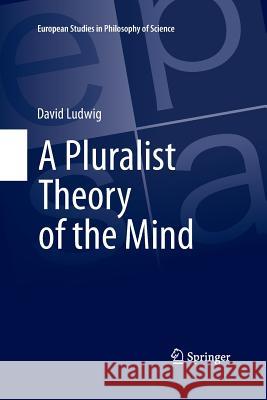A Pluralist Theory of the Mind » książka
topmenu
A Pluralist Theory of the Mind
ISBN-13: 9783319370774 / Angielski / Miękka / 2016 / 201 str.
A Pluralist Theory of the Mind
ISBN-13: 9783319370774 / Angielski / Miękka / 2016 / 201 str.
cena 194,08 zł
(netto: 184,84 VAT: 5%)
Najniższa cena z 30 dni: 192,74 zł
(netto: 184,84 VAT: 5%)
Najniższa cena z 30 dni: 192,74 zł
Termin realizacji zamówienia:
ok. 20 dni roboczych.
ok. 20 dni roboczych.
Darmowa dostawa!
Kategorie BISAC:
Wydawca:
Springer
Seria wydawnicza:
Język:
Angielski
ISBN-13:
9783319370774
Rok wydania:
2016
Wydanie:
Softcover Repri
Ilość stron:
201
Waga:
0.31 kg
Wymiary:
23.39 x 15.6 x 1.17
Oprawa:
Miękka
Wolumenów:
01











